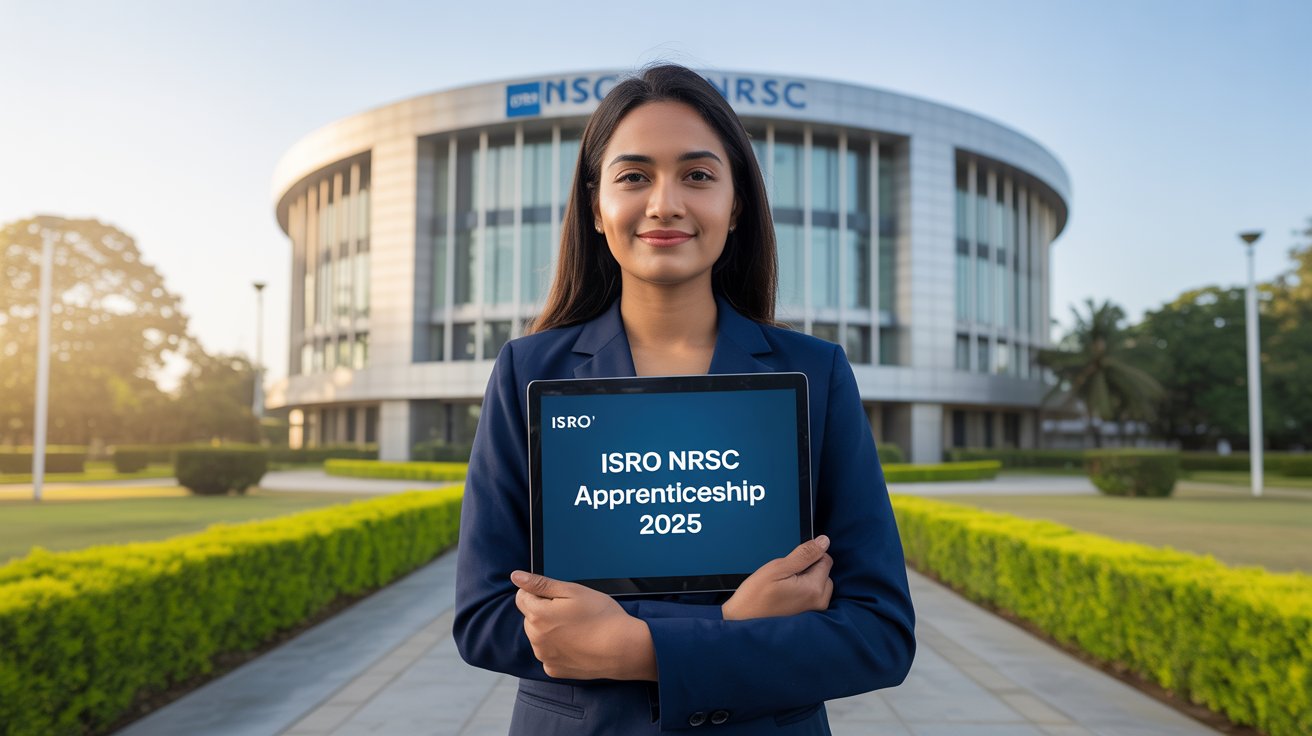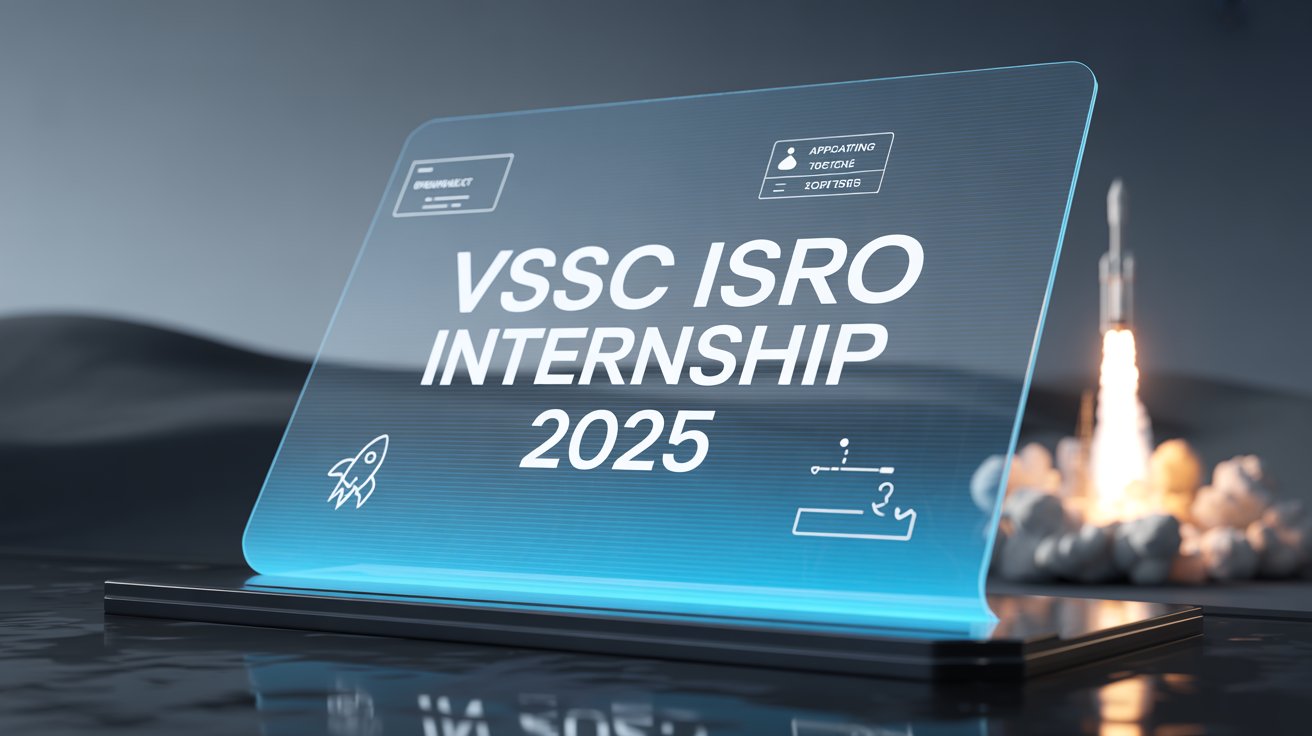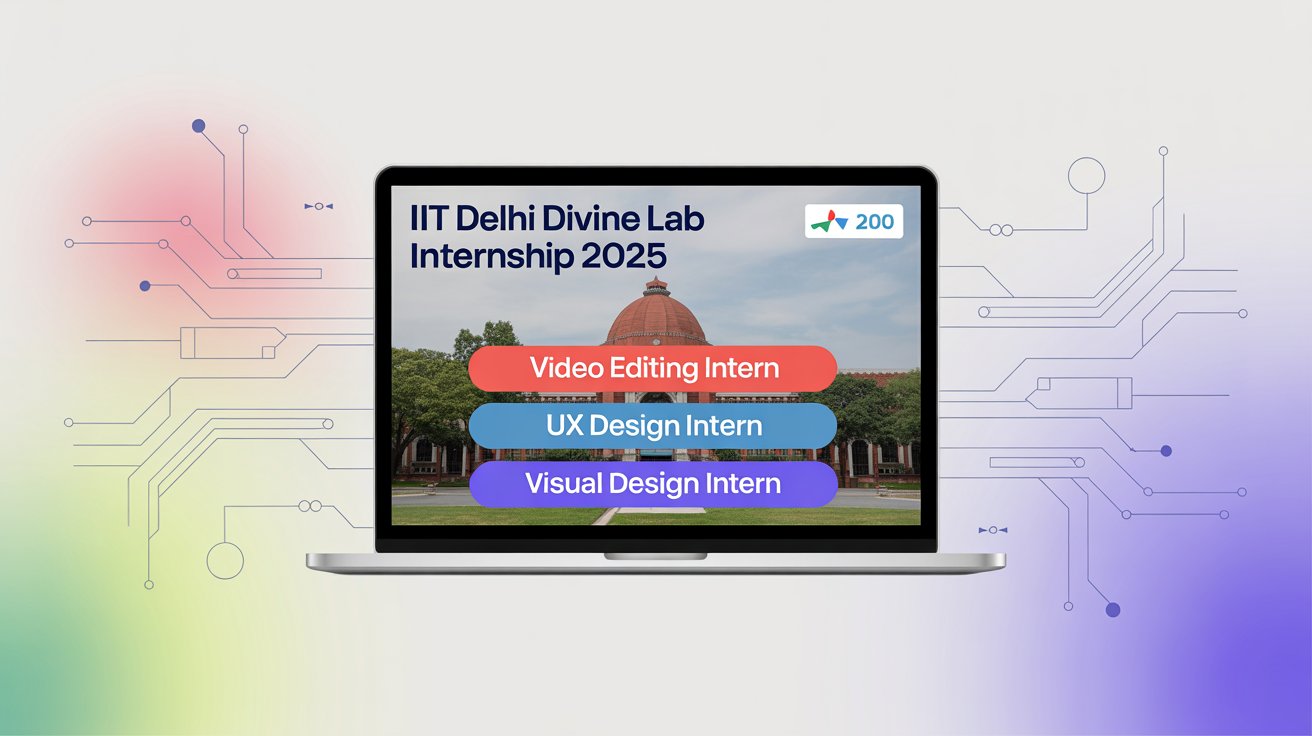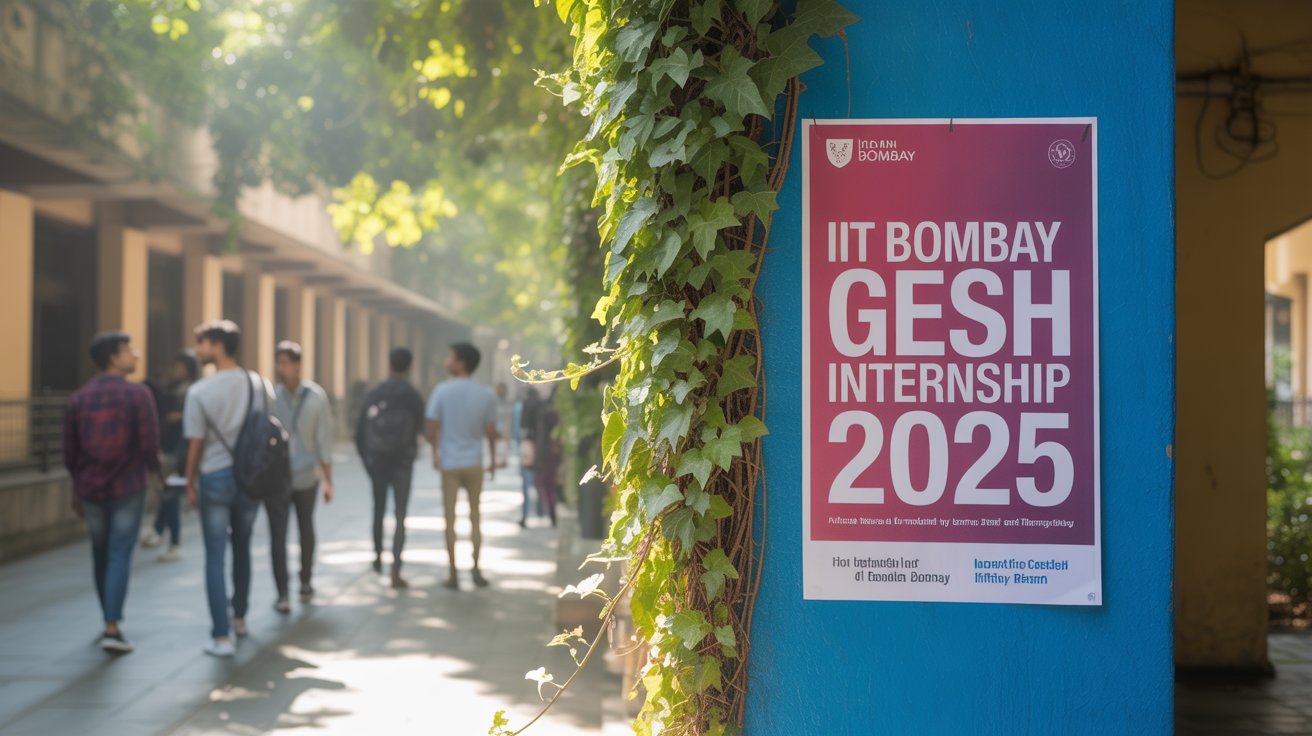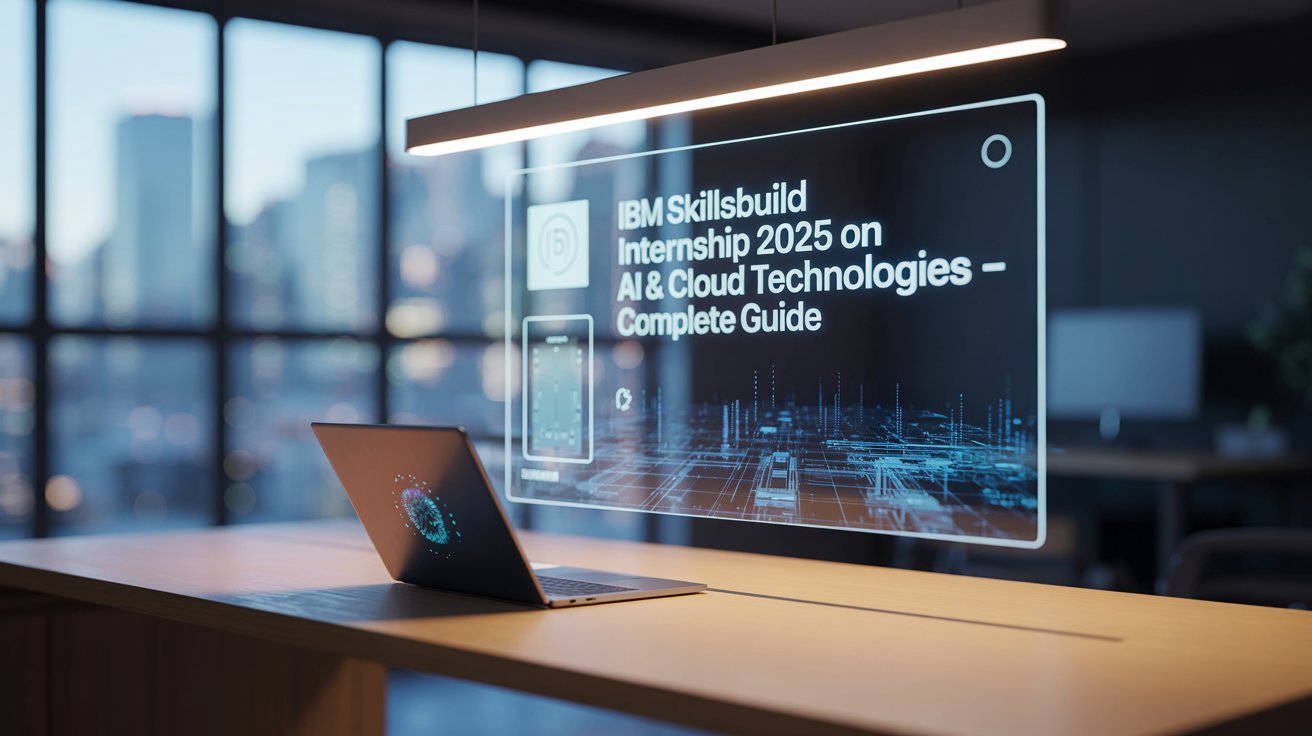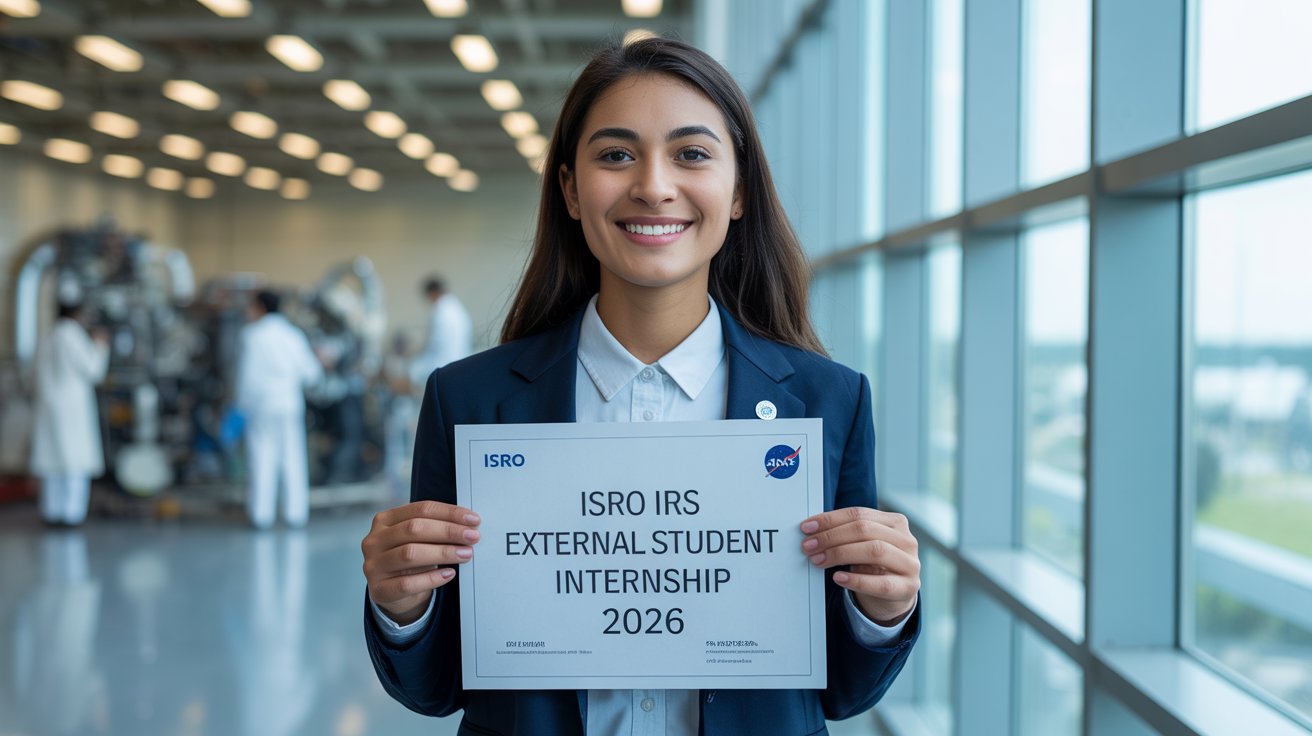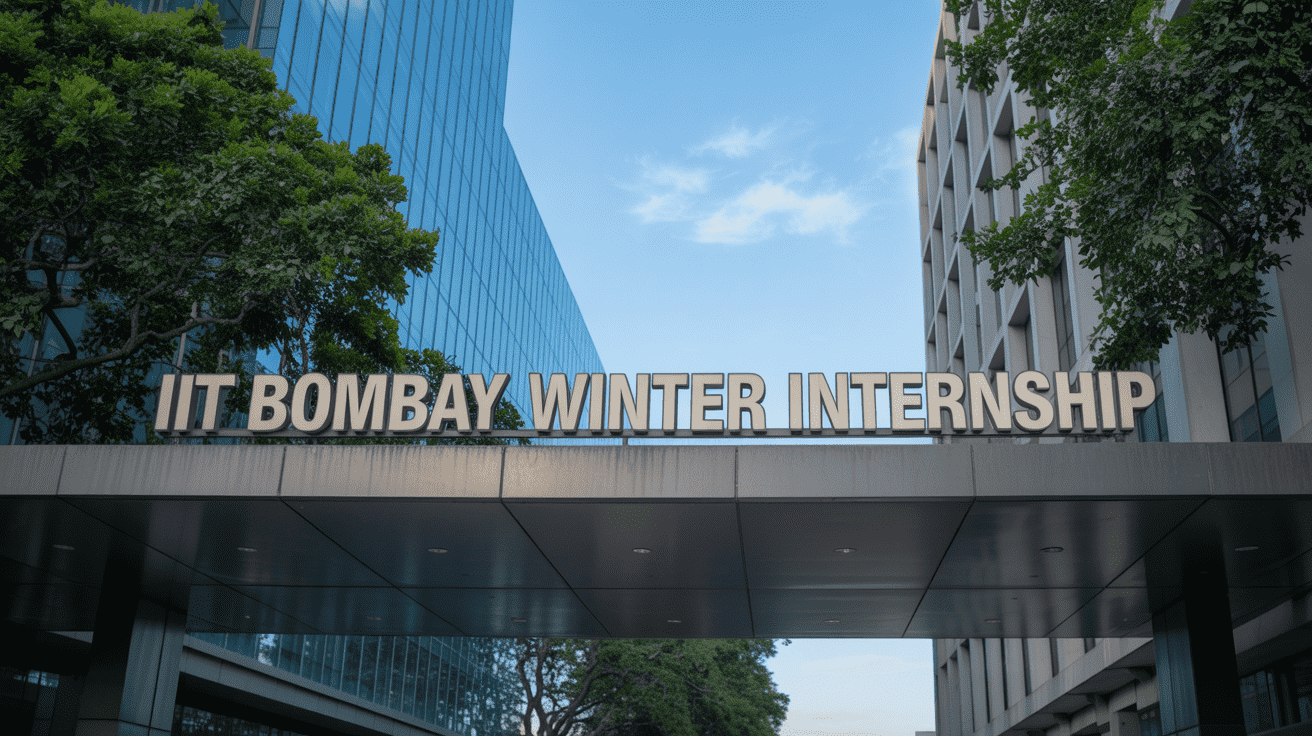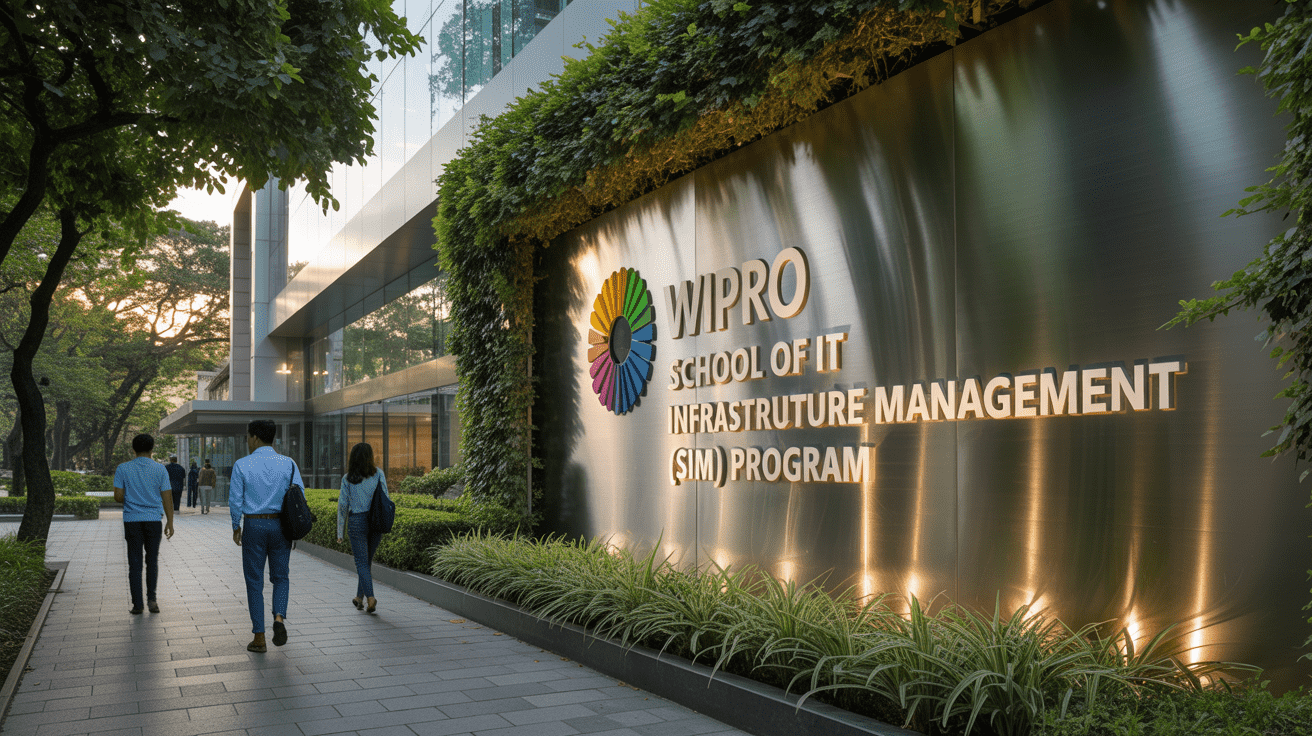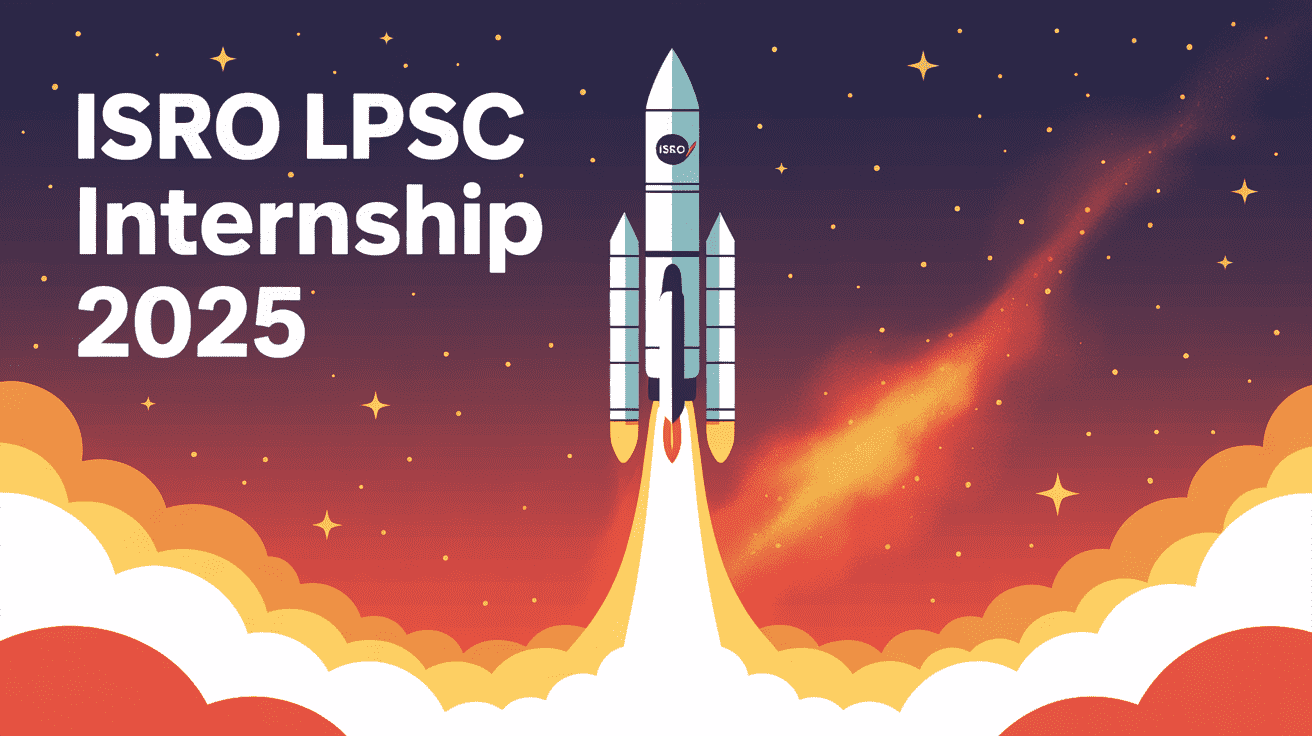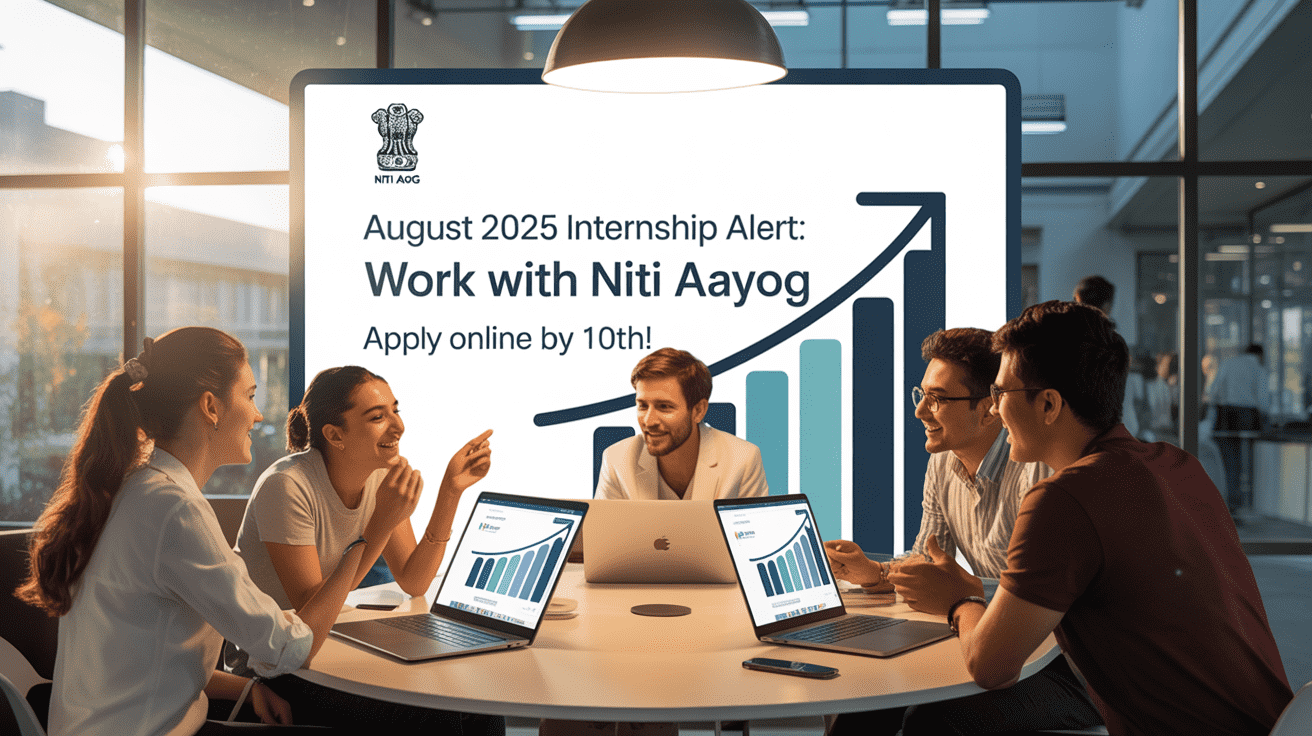The Indian Space Research Organisation (ISRO), through its National Remote Sensing Centre (NRSC), Hyderabad, has invited online applications for the Graduate Apprentice, Technician Apprentice, and General Stream Apprentice positions for the training year 2025-26. The apprenticeship will be conducted under the Apprenticeship Act 1961 and its amendments.
This detailed article covers eligibility, stipend, how to apply, documents required, selection process, last date, and all important instructions that candidates usually search for.
Key Highlights of ISRO Apprenticeship 2025
- Organization: National Remote Sensing Centre (NRSC), ISRO
- Advertisement Number: NRSC/RMT/03/2025
- Location: Hyderabad, Telangana
- Application Mode: Online (UMANG portal)
- Training Duration: 12 months
- Last Date to Apply: September 11, 2025
- Notification Date: August 22, 2025
Available Apprenticeship Positions
Graduate Apprentices (Engineering/Technology)
- Electronics & Communication Engineering – 2 posts
- Computer Science Engineering – 2 posts
- Electrical & Electronics Engineering – 3 posts
- Civil Engineering – 1 post
- Mechanical Engineering – 1 post
- Library Science / Library & Information Science – 2 posts
Stipend: ₹9,000/- per month
Eligibility: B.E./B.Tech. or relevant degree with minimum 60% marks / 6.32 CGPA from a recognized university.
Technician Apprentices (Diploma Holders)
- Diploma in Engineering (any discipline) – 30 posts
- Diploma in Commercial Practice – 25 posts
Stipend: ₹8,000/- per month
Eligibility: Diploma in respective discipline with at least 60% marks / 6.32 CGPA from a recognized board.
Graduate Apprentices (General Stream)
- B.A. – 10 posts
- B.Sc. – 10 posts
- B.Com. – 10 posts
Stipend: ₹9,000/- per month
Eligibility: Graduation in relevant stream with minimum 60% marks / 6.32 CGPA.
Eligibility Criteria
- Nationality: Only Indian citizens are eligible.
- Educational Qualification: Degree/Diploma from universities/technical boards recognized under the Southern Region of Board of Apprenticeship Training (Kerala, Tamil Nadu, Karnataka, Maharashtra, Andhra Pradesh, Telangana, and Puducherry).
- Year of Passing: Candidates who passed Degree/Diploma during or after July 2023 are eligible.
- Experience: Candidates with more than one year of work experience or who have already undergone apprenticeship training are not eligible.
- Mode of Study: Only regular candidates can apply (no private degrees, part-time, or correspondence courses).
Important Dates
- Opening of Online Applications: August 22, 2025
- Closing Date of Online Applications: September 11, 2025
How to Apply for ISRO Apprenticeship 2025
Step 1: Register on NATS Portal
- Visit www.mhrdnats.gov.in.
- Enroll yourself under the National Apprenticeship Training Scheme (NATS).
- Upload scanned copies of Degree/Diploma certificates and a valid government ID.
- After successful registration, you will receive an Enrollment Number.
Step 2: Apply on UMANG Portal
- Go to UMANG Portal.
- Login/Register using a valid email ID.
- Fill in the online application form and provide the NATS Registration Number.
- Upload required documents in prescribed formats.
- Submit the form and save the Registration Number for future reference.
Documents Required
Candidates must upload scanned copies of the following in jpg/jpeg/png format:
- All semester/year mark sheets in a single file (max 1 MB)
- Final Degree/Diploma/Provisional Certificate (max 1 MB)
- Passport size photo (max 50 KB)
- Signature (max 50 KB)
- Caste Certificate (SC/ST/OBC – max 50 KB, if applicable)
- Disability Certificate (for PWBD candidates)
- CGPA to percentage conversion certificate (if applicable)
Selection Process
- Screening of Applications: Based on academic performance in Degree/Diploma.
- Merit List Preparation: Candidates will be shortlisted according to marks obtained.
- Offer of Apprenticeship: Only selected candidates will receive an email offer letter.
- No Written Test/Interview: Selection is purely based on merit.
Terms and Conditions
- Apprenticeship training is for 12 months only.
- Selected candidates must submit a Medical Fitness Certificate at the time of joining.
- Apprenticeship does not guarantee employment at ISRO/NRSC after completion.
- Reservation for SC/ST/OBC candidates is applicable as per Government norms.
- Candidates must produce original documents at the time of joining for verification.
- Duplicate applications or incomplete forms will lead to rejection.
Contact Details
- ISRO Headquarters
Antariksh Bhavan, New BEL Road,
Bengaluru – 560 094 - Phone: +91 80 22172294 / 96
- Email: isropr[at]isro[dot]gov[dot]in
